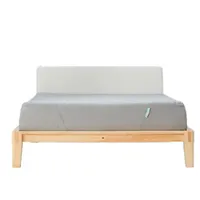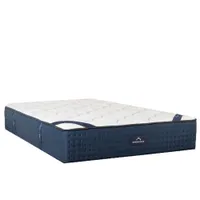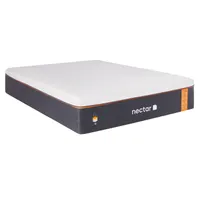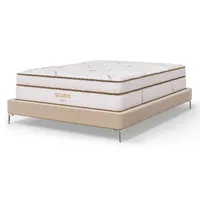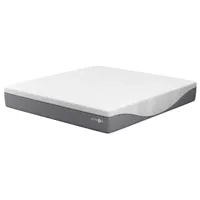Why are mattresses so expensive and how much should you realistically spend?
We explore why mattresses are so expensive, plus how much you should spend on a new bed
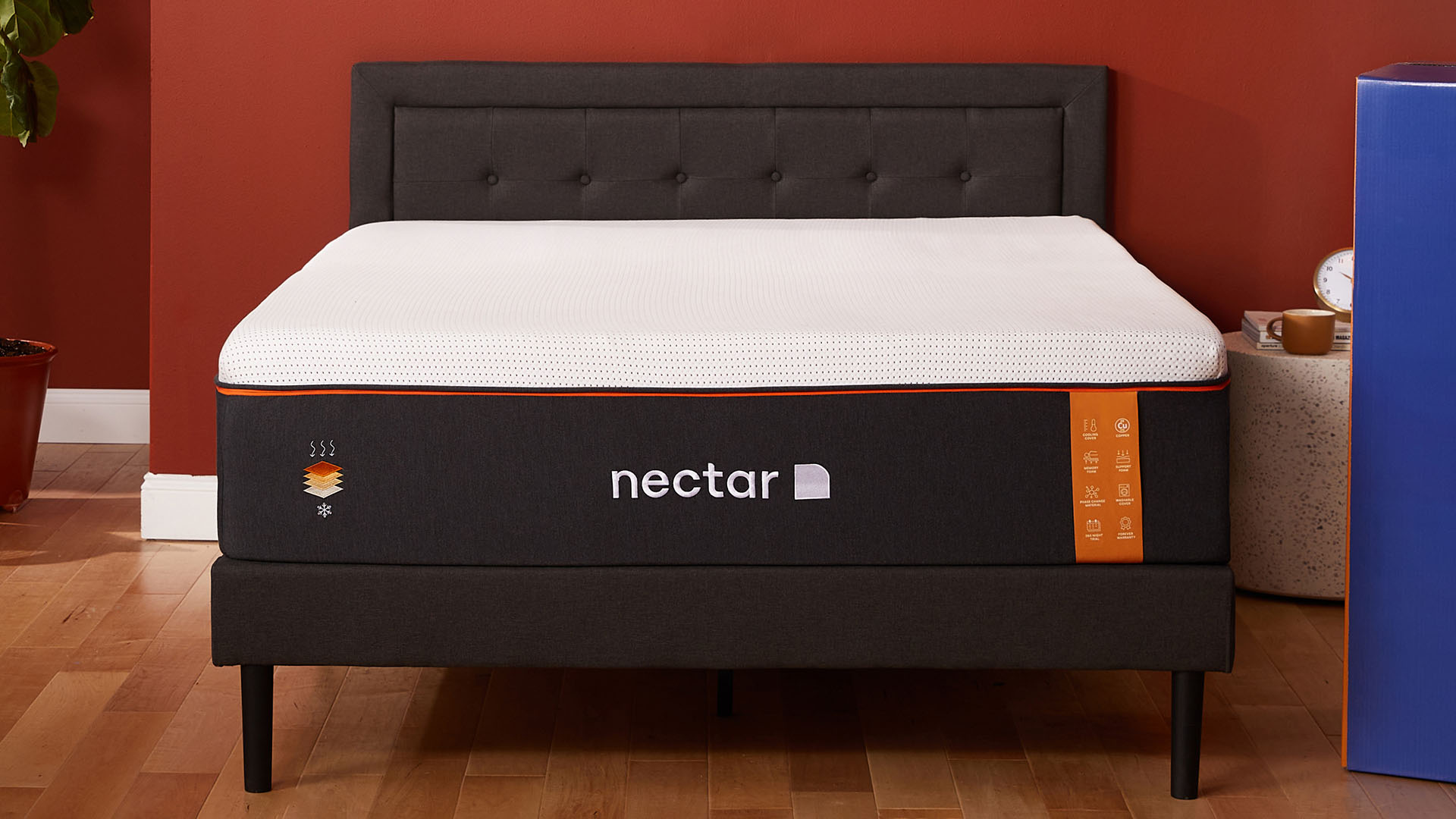
If you've been shopping for mattresses lately, you've probably noticed how expensive they can be. Even the more affordable options can reach the region of $1,000 for a queen, which begs the question: why are mattresses so expensive?
Our favorite beds in this year's best mattress guide span a range of budgets and show how varied mattresses prices can be. The cost of a mattress is dependent on a wide range of factors, and we're here to break them down.
Here, we'll explore the reasons why mattresses are so expensive, and also look at how much you should expect to spend on the right mattress for you. Plus, we've rounded up five of the best mattress deals for every budget ahead of the Labor Day mattress sales.
Why are mattresses so expensive?
While most mattresses don't tend to come cheap, you've probably noticed that some beds are cheaper than others. This all comes down to the type of materials the mattress uses, how complex the mattress's design and build is, and (of course) its overall quality. Let's take a look at what impacts the price of a mattress:
1. Quality materials
The materials used in mattresses can vary greatly and directly influence the price. In cheaper mattresses, you tend to find synthetic materials such as memory foam or polyester covers. While you'll also find memory foam in more expensive mattresses, it will usually be enhanced in some way. For example, to offset its heat-trapping tendencies, memory may be perforated or infused with cooling substances like copper to make it more cooling.
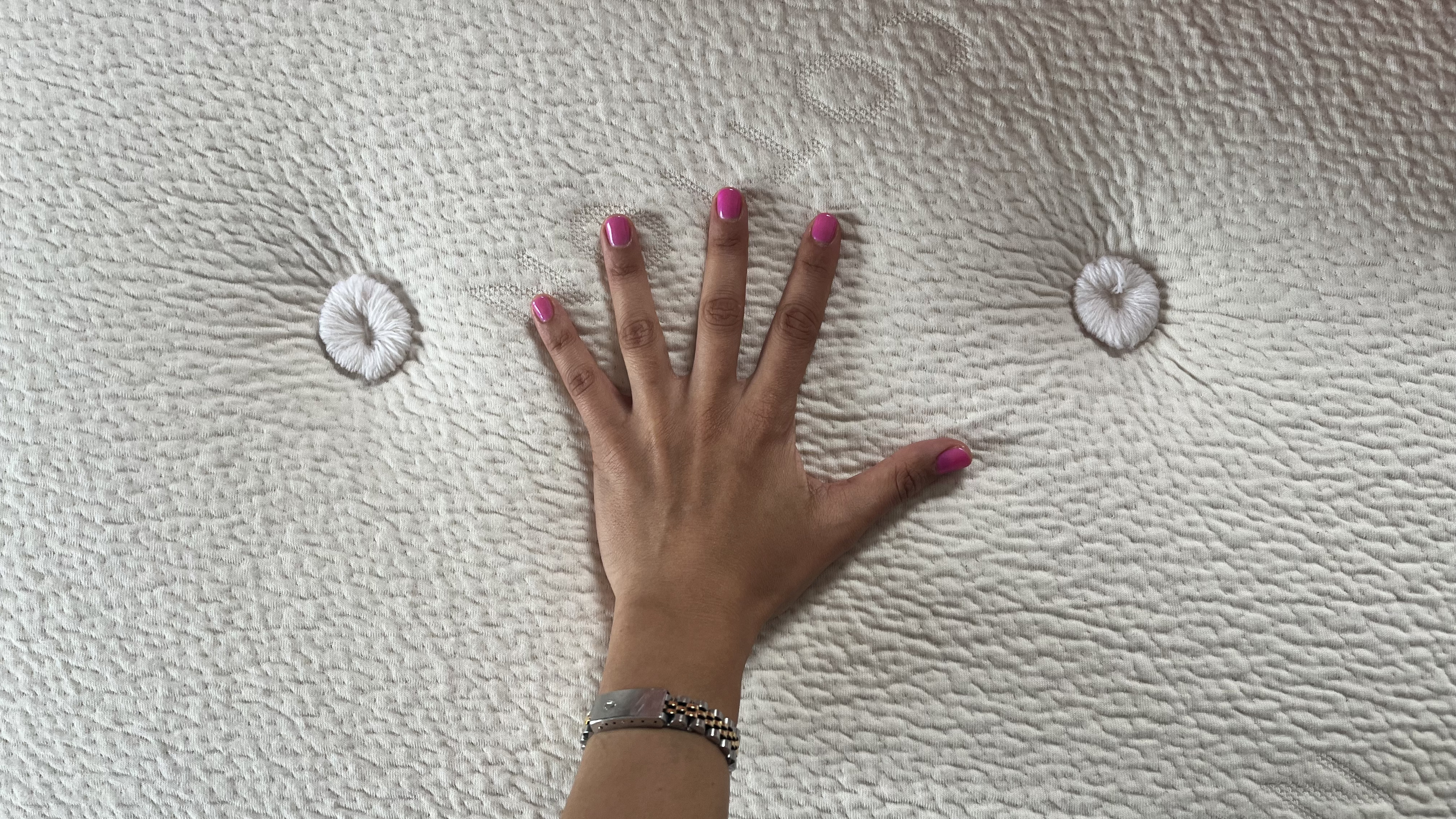
In more expensive mattresses, you tend to find premium materials. For instance, the best organic mattresses cost more than non-organic mattresses because they are filled with organic or natural materials that are durable, sustainable, non-toxic, and hypoallergenic. These materials include natural latex and organic cotton and also tend to have strong eco-friendly credentials and certifications to their name:
- GOTS (Global Organic Textile Standard)
- GOLS (Global Organic Latex Standard)
- EWG (Environmental Working Group)
- GREENGUARD Gold
- eco-INSTITUT
2. Complexity of the design
Cheaper mattresses tend to have a simple design, such as an all-foam construction or the traditional innerspring build. They only tend to consist of one or two layers, with a classic innerspring bed containing only springs or coils and a budget memory foam bed having one layer of plush foam on top and a layer of denser support foam on the bottom. Due to fewer layers, cheaper mattresses tend to be thinner (around six to 10 inches tall).
Get instant access to breaking news, the hottest reviews, great deals and helpful tips.
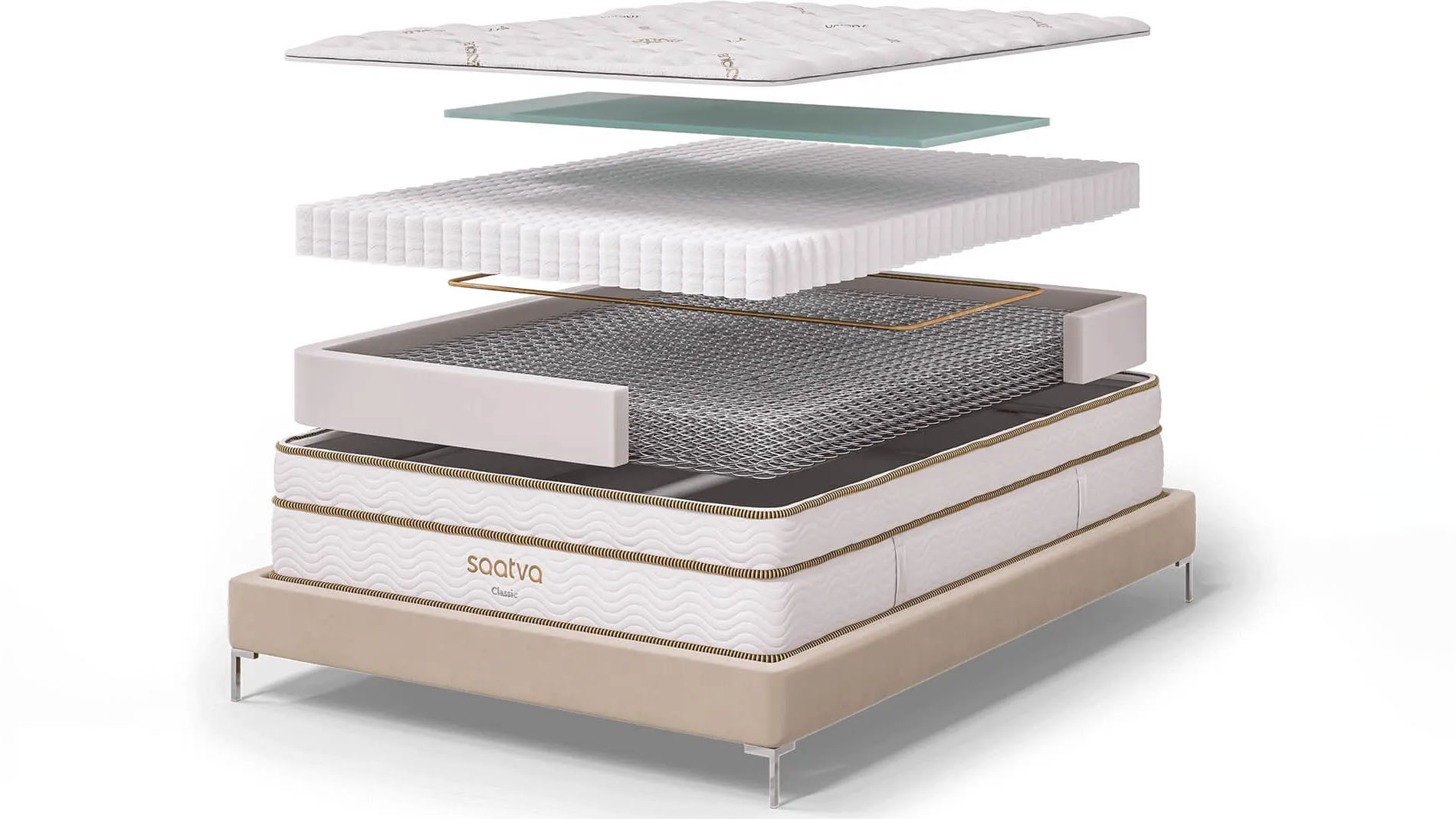
The more expensive mattresses, such as the best hybrid mattresses, boast thicker, more complex designs with multiple layers for superior support. Hybrid mattresses usually have comfort layers of foam at the top of the mattress and stabilizing, dense layers of foam at the base. They also contain a tier of coils or springs (which tends to be the thickest layer) topped by a transitional layer of foam for support and motion isolation. Take the Saatva Classic, a luxury innerspring hybrid. It has five internal layers, including high-density memory foam and two tiers of coils for extra support
Even all-foam mattresses with a higher price can boast a multi-layer design, too. For instance, the all-foam model of the Nectar Premier Copper Mattress is 14 inches tall and boasts five layers, including a transition layer between the support foam layer and comfort foam layer.
3. Specialist features
Mattresses that have features targeting a specific sleep need or issue tend to be more expensive than a basic one-size-fits-all bed. For example, a mattress with advanced cooling for hot sleepers or a bed with enhanced weight capacity for plus-sized sleepers will tend to be more expensive that mattresses without those features.
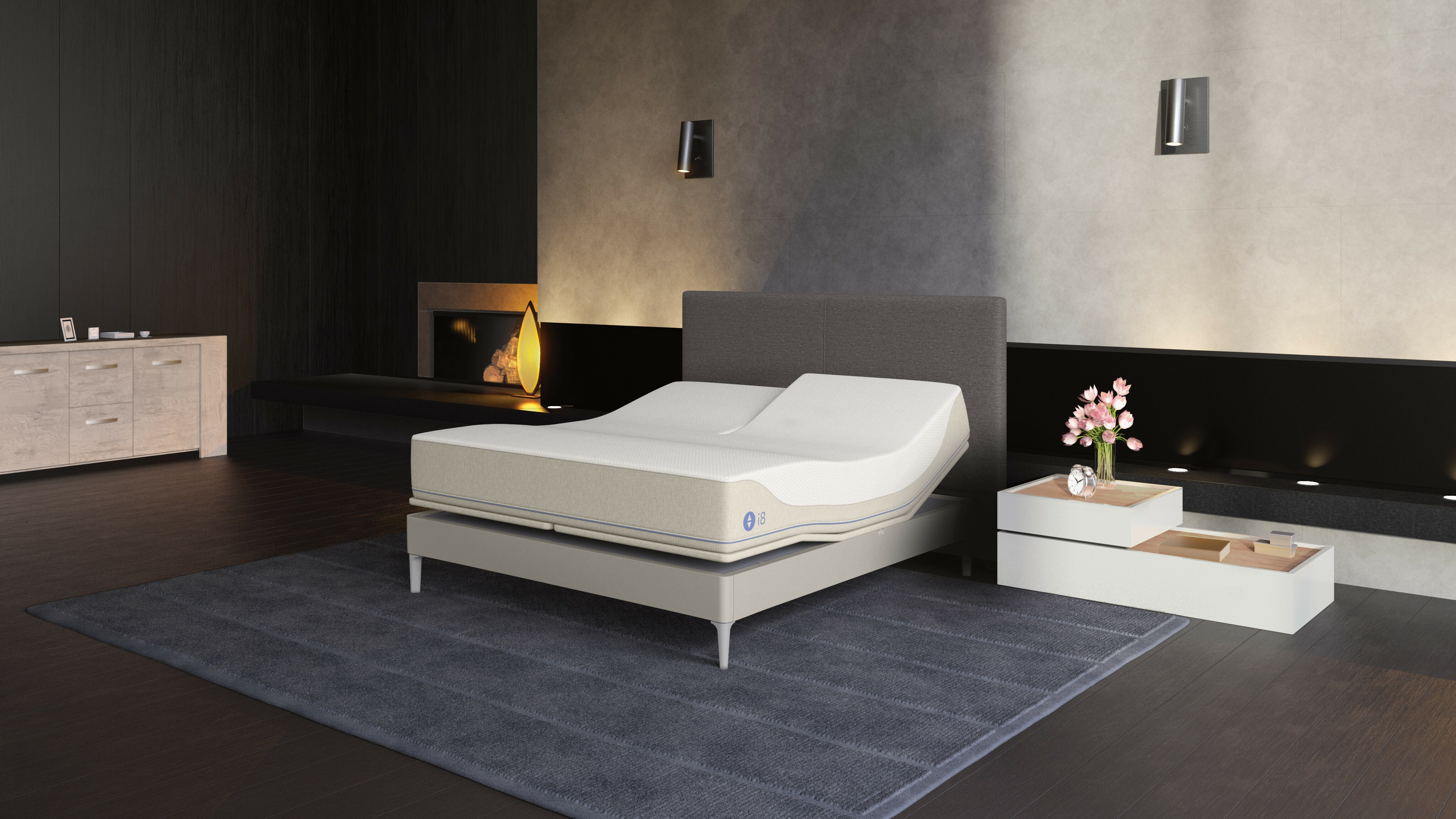
Mattresses can also carry certifications or endorsements from professionals to verify that the mattress will help alleviate a condition. For example, a mattress with special lumbar support to alleviate back pain may get a stamp of approval from The American Chiropractic Association (ACA), which then boosts its value.
The best smart beds and mattresses are a prime example of premium feature hiking a mattress's price. For example, Sleep Number's i8 smart bed has a range of built-in smart features - from advanced cooling tech to health and sleep tracking - which places it firmly in the premium price bracket.
Special features can also include free extras, such as white glove delivery, a long sleep trial, free shipping, and a lifetime warranty.
4. Durability
Mattresses aren't something you'll need to replace every year, which is why they cost so much. Any mattress that you'll need to get rid of after only seven years or less is false economy in the long run. That's why (if you can) it's always a good idea to invest in a mattress that will keep you comfortable and supported for years to come.
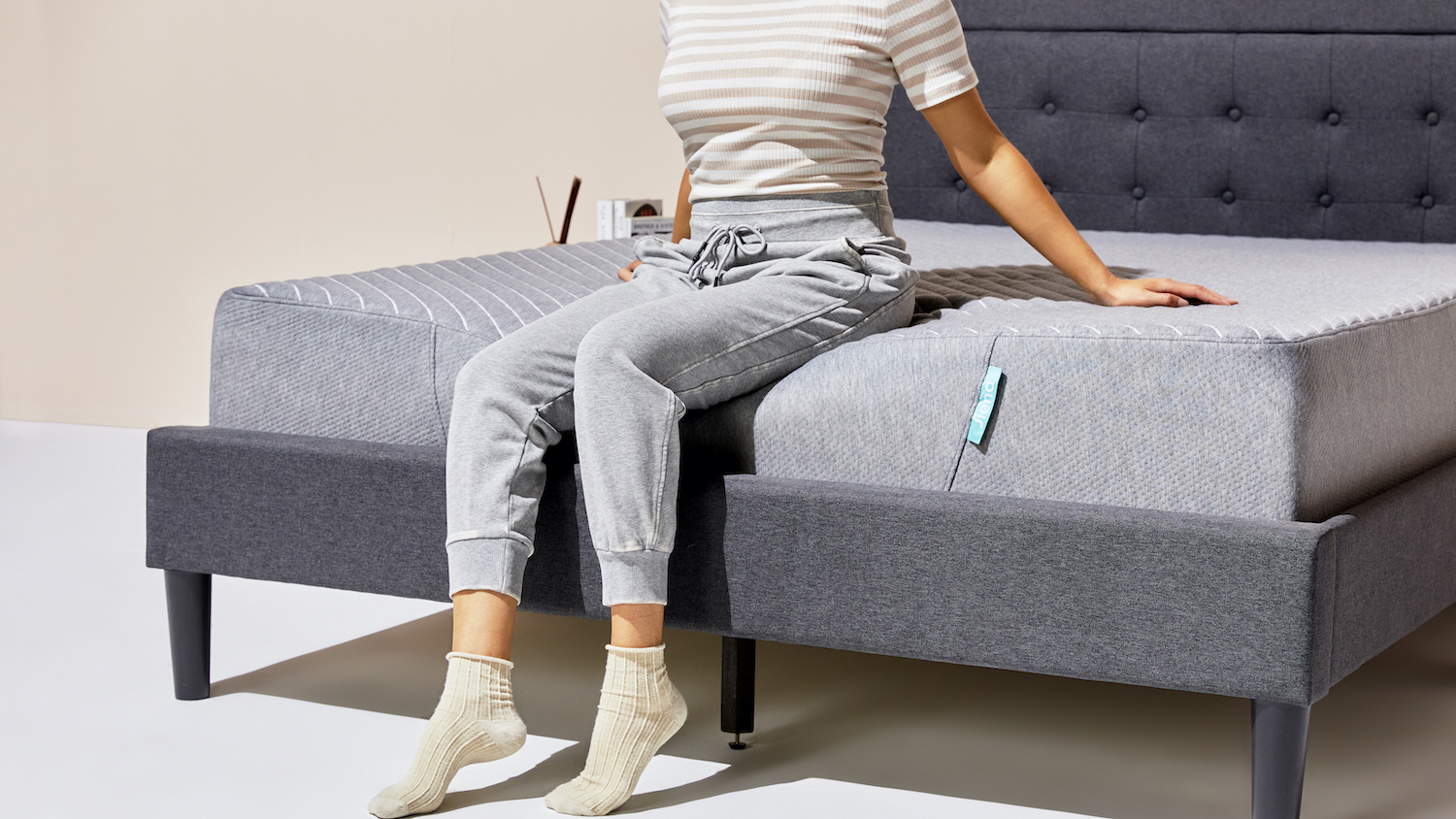
A basic innerspring bed will last around five to seven years, which is why they're so affordable. Memory foam and hybrids tend to last around 10 years, while a well-crafted organic latex mattress can last up to 20 years. Their durability means that latex mattresses tend to have a luxe price tag.
How much should you realistically spend on a mattress?
We always recommend that people spend as much as they can afford on a mattress - but the amount can differ from person to person. Some shoppers will want to stick to a mattress within the budget pricetier, while others may want to buy something that veers into premium territory.
Below, we've outlined what materials, design features and build quality you can expect when buying a mattress within different price brackets.
$500 or less for queen
You'll find plenty of queen mattresses under $500 in our best cheap mattress guide. These budget beds tend to have an all-foam construction (though you can find some affordable hybrids, too) and usually have a height of around 10" (we rarely recommend buying a mattress thinner than this height). They usually come with 10-year warranties, free shipping, and decent sleep trials - but be aware that some may not come with any sleep trials at all.
In terms of cooling, these mattresses will usually have cooling features in the form of coils, breathable soft knit covers, and gel-infused foam. They also tend to be less plush than the more expensive mattresses, but some do come with customizable firmness options.
Siena Memory Foam Mattress: was from $499 now from $199 at Siena Sleep
The Siena Memory Foam Mattress the best memory foam mattresses if you're on a budget. It's also one of the best mattresses for stomach sleepers due to its firm support. Our reviewers for the Siena Memory Foam Mattress review were also surprised how cool it slept for an all-foam bed. Right now, you can get up to 60% off all sizes, with a queen size down from $799 to $399, thanks to a permanent Siena mattress sale. Benefits include a 180-night sleep trial, a 10-year warranty and free shipping and returns.
$1,000 or less for a queen
Next, we're moving to lower-mid to mid-range models, which tend to be the best mattresses under $1,000 for a queen. These mattresses tend to offer great features at a reasonable price thanks to frequent or evergreen sales. Like, the budget beds, mid-range mattresses tend to be memory foam or memory foam hybrids, though you can find some bargain organic mattresses, too.
Sleep trials tend to be more generous, with an average of 100 nights, while some models (such as the affordable DreamCloud Luxury Hybrid) also offer lifetime warranties, a year-long sleep trial, and free delivery and returns.
DreamCloud Mattress: was from $839 now from $419 at DreamCloud
Our DreamCloud Luxury Hybrid mattress review called this the best mattress in a box due to the affordable luxury it delivers. An evergreen 50% off DreamCloud deal means you'll always get a queen size for just $665. Adding to that amazing value for money is a lifetime warranty, free shipping and returns, and a 365-night trial.
$1,500 or less for a queen
This is where you'll find the upper-mid mattresses with special features, such as the best cooling mattresses. They tend to offer to alleviate a particular issue, suh as back pain or overheating, while also offering high-quality materials and more complex structures.
The Nectar Premier Copper mattress, for example, has a trial of 365 nights and a lifetime warranty, while its 14" inch build boasts layers of foam and advanced cooling tech to keep hot sleepers cool.
The Nectar Premier Copper Mattress: was from $1,499 now from $999 at Nectar
Testers for our Nectar Premier Copper mattress review loved this cooling mattress's advanced temperature control, and also found it to be one of the best mattresses for side sleepers thanks to its body-contouring comfort. Thanks to an evergreen 40% off sale, a queen is now $1,249. Extras include a year-long sleep trial, free shipping and returns, and a lifetime warranty.
$2,500 or less for a queen
Now we're in premium territory, where you'll find some of the best luxury mattresses. These mattresses flaunt high quality craftsmanship and design, using premium materials to offer hotel-luxury comfort and support. They'll also come with generous extras, such as complementary white glove delivery and plenty of customizable options.
Saatva Classic Mattress: was from $1,395 now from $1,186 at Saatva
Our testers for our glowing Saatva Classic mattress review were blown away the luxe feel of this mattress, impressing them with the temperature control, customizable comfort, and luxe benefits. Thanks to a 15% off Saatva mattress sale, a queen is down to $1,781 (was $2,095), saving you $314. Generous benefits include free white glove delivery and a year-long trial.
$3,000 or less for a queen
If you pay for a mattress that costs between $2,500 and $3,000 for a queen, expect either high-quality materials and comfort or advanced smart features.
Smart beds will usually be in this price range, as they offer advanced, multi-tasking smart tech that can do everything from adjusting the temperature and firmness to fit your body and environment to tracking your sleep and gradually waking you up with an in-built thermal alarm clock. If it offers less than premium materials or smart tech, it's not worth the price tag.
Sleep Number i8 Smart Bed: was from $3,399 now $2,549.25 at Sleep Number
The app-controlled Sleep Number i8 mattress is a smart bed that lets you adapt the firmness on your side of the bed. Its in-built sensors also tracks your health and sleep, collating the data into your SleepIQ score which you can access via your smartphone. There's 25% off all sizes of the i8, reducing a queen to $2,999.25 (was $3,999). This is one of the better savings, but we have seen discounts reach 30% during major sale events.
How much should you spend on a mattress?
How much you should spend on a mattress depends on your budget, sleep requirements, and the type of material you're seeking. For example, a budget bed should cost less than $500 for a queen, but make sure it's at least 10 inches tall, comes with a free sleep trial, and has a firmness that fits your sleep style.
Spend between $500 to $1000 on a queen if you want to experience some affordable luxury features with generous extras, while any queen mattress that costs between $1,000 and $2,500 should offer you premium materials and target a specific sleep issue that you suffer from (such as back pain or overheating). Anything over $2,500 for a queen will need to deliver some major luxury and advanced features, such as in-built smart tech or industry-leading features.

Frances Daniels is a PPA-accredited journalist and Sleep Staff Writer at Tom's Guide with an MA in Magazine Journalism from Cardiff University. Her role includes covering mattress and sleep news and writing sleep product reviews and buyer's guides, including our Best Hybrid Mattress 2025 guide. She is interested in the relationship between sleep and health, interviewing an array of experts to create in-depth articles about topics such as nutrition, sleep disorders, sleep hygiene, and mattress care. She is also our specialist on mattress toppers — producing bed topper reviews and taking care of our Best Mattress Toppers 2025 guide — and leads content relating to fiberglass-free beds for a non-toxic sleep. Outside of Tom's Guide, she has written for Ideal Home and Marie Claire.
 Club Benefits
Club Benefits





